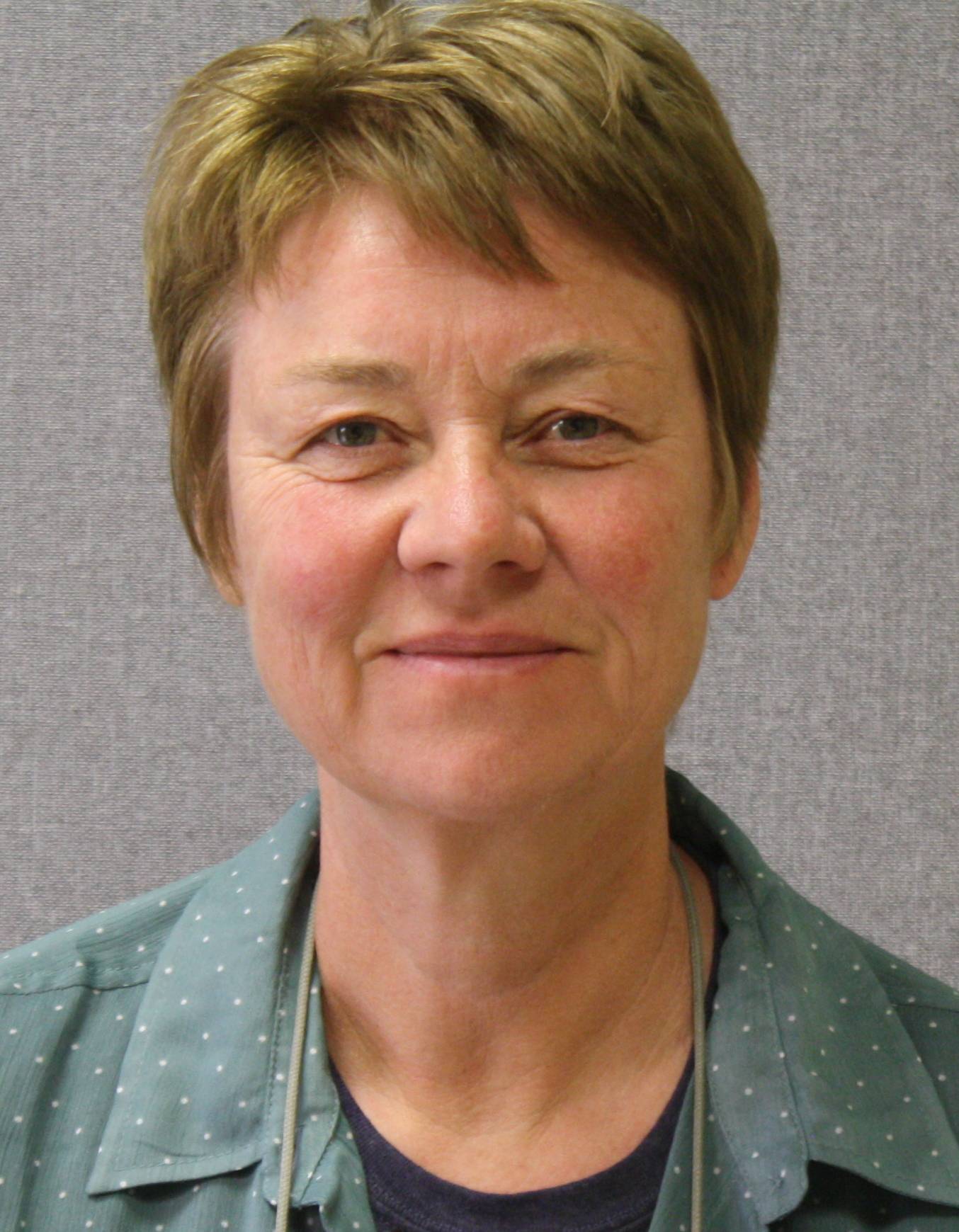Courses
General Ecology (BIO 4416)
Population Biology Seminar (BIO 7120)
Introduction to Ecological Modelling (BIO 7468)
Plant Water Relations (BIO 7455)
Plant Ecology (BIO 4454/5454)
Research Interests
Our lab examines terrestrial plant dynamics from the individual plant to the community level through the lens of plant water relations. Plant function is fundamentally constrained by the availability of water, which varies in complex ways across space and time. Plants engage numerous, diverse strategies to optimize growth and reproduction when water is available, while limiting losses when it is not. How these adaptations to a variable and uncertain environment translate into patterns of productivity, population dynamics, community structure and vegetation response to climate change is the overarching question that motivates our research. Research methods span the gamut from field research, greenhouse experiments and mathematical modeling.
Selected Publications
Schwinning, S., Meckel, H., Reichmann, L.G., Polley H.W. 2017. Accelerated development in Johnsongrass seedlings (Sorghum halepense) suppresses the growth of native grasses through size-asymmetric competition. PLOS ONE 12:5. Art. No. e0176042
Archer, S.R., Anderson, E.M., Predick, K.I., Schwinning, S., Steidl, R.J., Woods, S.R. 2017. Woody Plant Encroachment: Causes and Consequences. In: Rangeland Systems. Processes, Management and Challenges. Briske, D.D. (ed.) Springer, pp. 25 – 83
Reichmann, L.G., Schwinning, S., Polley, H.W., Fay, P.A. 2016. Traits of an invasive grass conferring an early growth advantage over native grasses. Journal of Plant Ecology DOI:10.1093/jpe/rtw014
Havill, S. Schwinning, S., Lyons, K.G. 2015. Fire effects on invasive and native warm-season grass species in a North American grassland at a time of extreme drought. Applied Vegetation Science 18:637-649
Jones, L.C., Schwinning, S., Esque,T.C. 2014. Seedling ecology and restoration of blackbrush (Coleogyne ramosossima) in the Mojave Desert, United States. Restoration Ecology 22: 692-700
Woods, S.R., Archer, S.R., Schwinning, S. 2014. Seedling responses to water pulses in shrubs with contrasting histories of grassland encroachment. PLOS ONE 9: e87278
Schwinning, S., Fox, G.A., Kelly, C.K. 2014. Temporal niches, ecosystem function and climate change. In: Temporal Dynamics and Ecological Process. Kelly, C.K., Bowler, M.G., Fox, G.A. (eds). Cambridge University Press, pp. 165-188
Schwinning, S. 2013. Do we need new rhizosphere models for rock-dominated landscapes? Plant and Soil 362: 25-31
Huxman, T. E., M. D. Smith, P. A. Fay, A. K. Knapp, M. R. Shaw, M. E. Loik, S. D. Smith, D. T. Tissue, J. C. Zak, J. F. Weltzin, W. T. Pockman, O. E. Sala, B. M. Haddad, J. Harte, G. W. Koch, S. Schwinning, E. E. Small, and D. G. Williams. 2004. Convergence across biomes to a common rain-use efficiency. Nature 429:651-654
Complete list at: ResearchGate | Google Scholar | Researcher ID
Please see faculty member’s CV or website for additional information.
